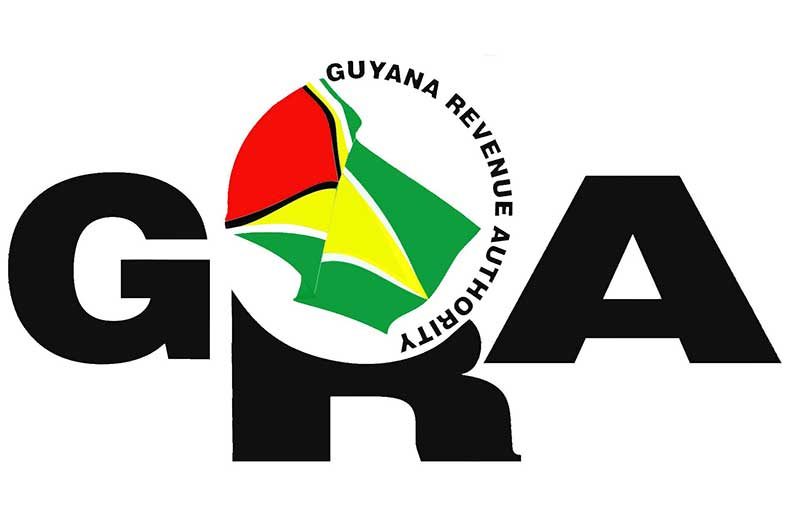THE Guyana Revenue Authority (GRA) has issued a statement addressing misconceptions surrounding a recent decision by the Chief Justice regarding tax exemptions on duty-free vehicles for re-migrants.
The case in question involved a re-migrant from the United States of America. While respecting the court’s ruling, the GRA emphasised the need to clarify its actions in light of growing concerns about the abuse of concessions granted to re-migrants for high-end luxury vehicle imports.
The authority explained that the current policy allows re-migrants to import vehicles for personal use at significantly reduced tax rates, depending on the engine capacity. It then highlighted the stark difference in tax obligations between regular taxpayers and re-migrants when importing high-end vehicles.
For instance, a normal taxpayer might pay over $44 million in taxes for an unlimited engine size, high-end vehicle, while a re-migrant would pay a maximum of $6 million for the same vehicle. This substantial tax difference has led to the exploitation of the system by unscrupulous individuals and some auto dealers.
The GRA reported instances of people being enticed to apply for re-migrant status solely to import high-end vehicles at reduced rates, often leaving the country shortly after. More concerning are cases where applicants lack financial means, proper documentation, or even driver’s licences in their country of origin.
The authority described a pattern of suspicious financial activity associated with these cases. Applicants often show little to no funds for years, followed by sudden large cash injections from unknown sources just before or after receiving approval for re-migrant status. These transactions are frequently untraceable or involve uncooperative parties.
The GRA noted that this practice has become so widespread that even employees of treaty-exempt organisations and public servants have been implicated. In response, the authority has adopted the principle of “he who asserts must prove,” requiring applicants to provide evidence of the source of funds used to acquire high-end vehicles.



.jpg)









